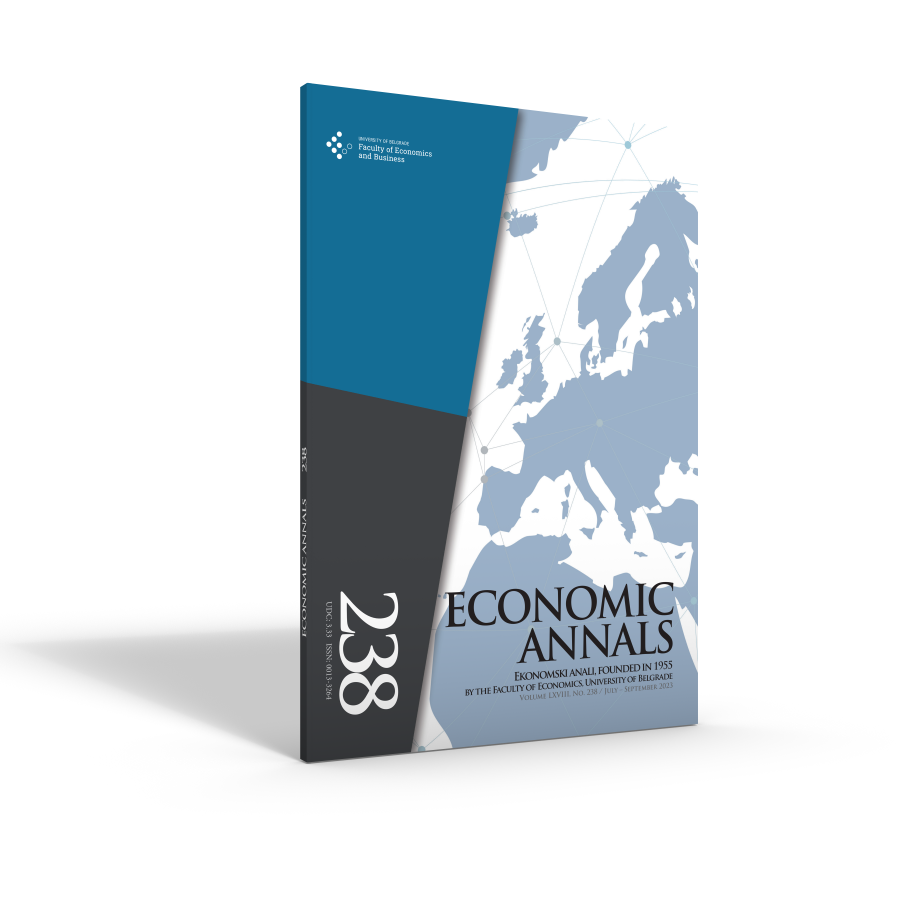FINANCIAL INCLUSION, MACROPRUDENTIAL POLICY, AND CRISIS
##plugins.themes.bootstrap3.article.main##
##plugins.themes.bootstrap3.article.sidebar##
Mallika Saha
Kumar Debasis Dutta
Kumar Debasis Dutta
Abstract
The study examines the role played by financial inclusion (FI) and macroprudential policy (MPP) to prevent financial crisis or reduce the severity of a financial crisis going forward using a panel of 138 countries covering the years 2004- 2017. To attain these objectives through robust experimentation and support policy formulation, we employ aggregated measures of FI and MPP and use advanced econometric models. Our findings show that, although FI initially decreases the likelihood of a crisis, the probability of a crisis increases after a certain level of inclusion is reached. In contrast, countries with MPP are less likely to have a crisis than countries without MPP. Furthermore, the FI-MPP interaction complements itself and plays a vital role in reducing the likelihood of a crisis. Our results are robust and could be useful for policymakers to formulate policies in order to prevent a crisis or reduce its severity going forward.
##plugins.themes.bootstrap3.article.details##
Keywords
: Crisis, Financial inclusionindex, Macroprudential policy.
JEL Classification
G18, G21, G28
Issue
Section
Articles
How to Cite
Saha, M., & Debasis Dutta, K. (2023). FINANCIAL INCLUSION, MACROPRUDENTIAL POLICY, AND CRISIS. Economic Annals, 68(238), 41-57. https://doi.org/10.2298/EKA2338041S
How to Cite
Saha, M., & Debasis Dutta, K. (2023). FINANCIAL INCLUSION, MACROPRUDENTIAL POLICY, AND CRISIS. Economic Annals, 68(238), 41-57. https://doi.org/10.2298/EKA2338041S

